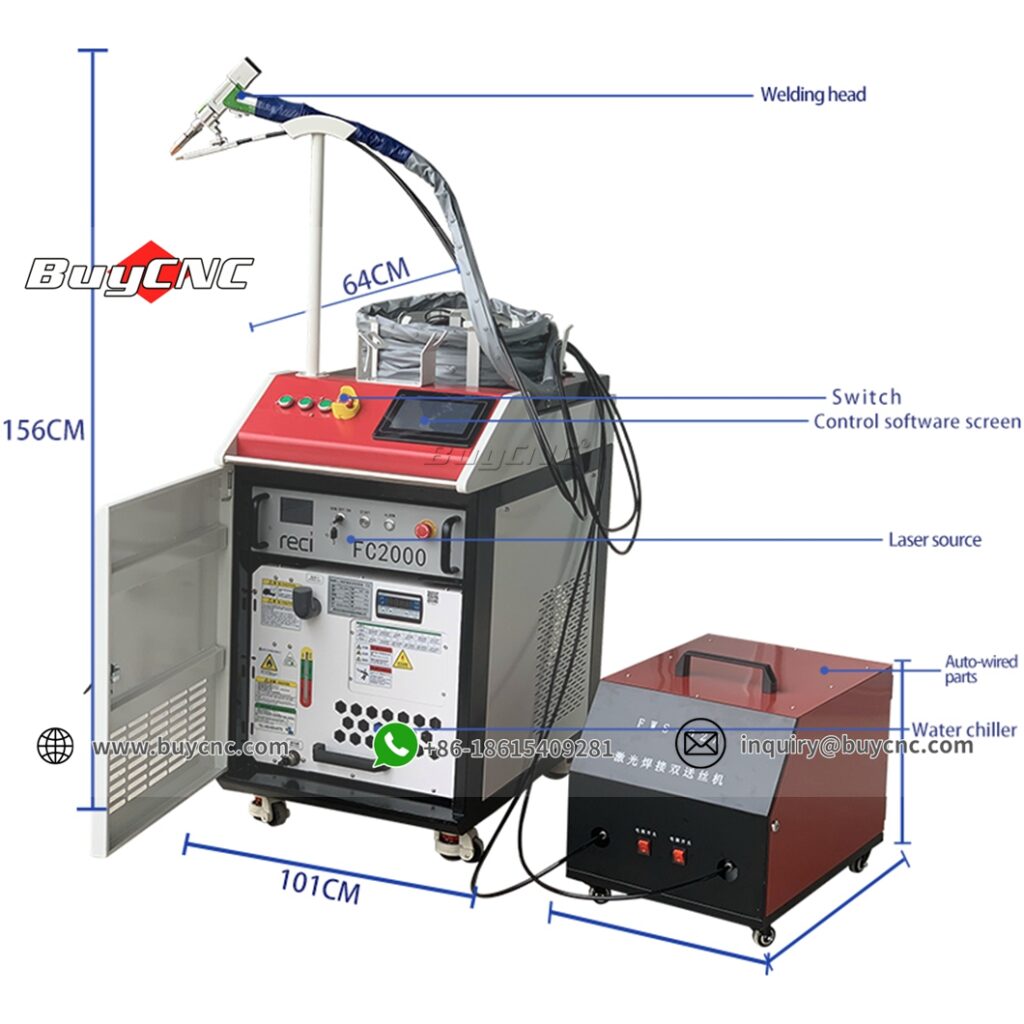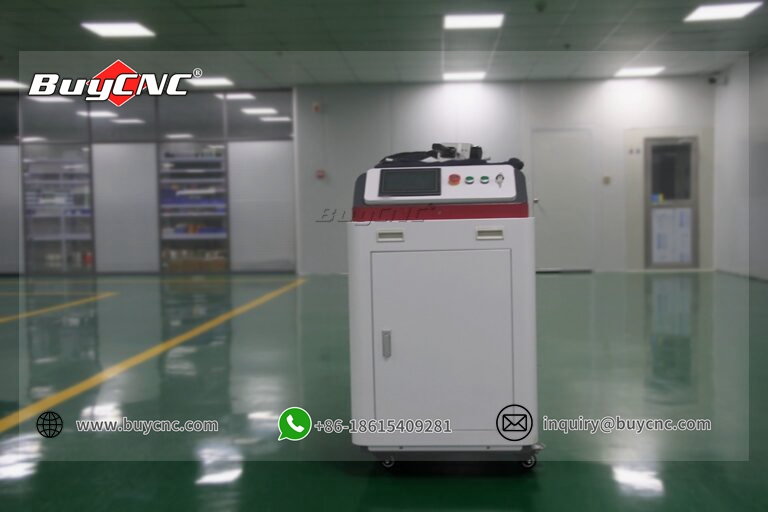Table of Contents
Metal welder, as a key technology in modern manufacturing industry, has been widely used in many industries because of its high efficiency, precision and environmental protection. This article will explore the industries in which metal welders play an important role and explain the advantages of its application in these industries.

Metal welders used in the automotive industry
First of all, the automotive industry is one of the important areas for metal welder applications. The automobile manufacturing process involves a lot of welding work, such as the connection of body, chassis, engine and other components. The high energy density and precise control capabilities of the metal welder enable it to achieve fast and high-quality welding of automotive parts. Compared with traditional welding methods, laser welding has the advantages of beautiful welds, high strength, and small deformation, which helps improve the overall performance and safety of the car.
Metal welders are used in the electronics industry
Secondly, the electronics industry is also an important area for metal welder applications. In the manufacturing process of electronic products, various small and precise parts need to be welded, such as circuit boards, electronic components, connectors, etc. metal welders can achieve precise welding of tiny components with fast welding speed and small heat-affected zone, which is beneficial to maintaining the stability and reliability of electronic products. In addition, laser welding can also be used in the field of electronic packaging to achieve sealing and fixation of electronic devices and improve the protective performance of products.
Metal welders are used in the hardware industry
In addition, metal welders also play an important role in the hardware industry. Hardware products usually have complex structures and shapes that require high-precision welding processes. metal welders can meet the requirements for welding quality and precision of hardware products and achieve welding of various complex shapes and structures. For example, in the manufacturing process of kitchenware, bathroom products and other hardware products, metal welders can achieve precise welding of water pipe joints, valves, tees and other components, improving product quality and reliability.
Metal welders are used in the medical industry
At the same time, metal welders are also widely used in the medical device industry. The manufacturing of medical devices has extremely high requirements on welding technology, and it is necessary to ensure the sealing and reliability of the welding parts. metal welders can achieve precision welding of medical devices, such as the connection of surgical instruments, syringes, artificial joints and other components. The welds of laser welding are smooth and beautiful, and there is no need to add filler materials during the welding process, which reduces the biocompatibility risk of the product and helps improve the safety and reliability of medical devices.
Metal welders are used in other industries
In addition, metal welders are also widely used in the sanitary ware industry, precision parts industry and other fields. In the sanitary ware industry, metal welders are used to weld water pipe joints, showers and other components to improve the sealing and durability of the product. In the precision parts industry, metal welders can achieve precise welding of tiny parts such as eyeglass frames, mobile phone casings, and sensors, ensuring product accuracy and stability.

In general, metal welders have been widely used in many industries due to their high efficiency, accuracy, and environmental protection. Whether it is the automotive industry, electronics industry, hardware industry or medical device industry, metal welders provide strong technical support for the manufacturing processes of these industries with their unique advantages. With the continuous development of science and technology, laser welding technology will show its strong application potential in more fields and promote the transformation, upgrading and high-quality development of the manufacturing industry.